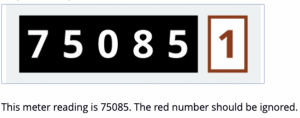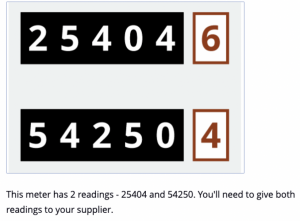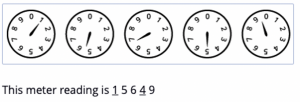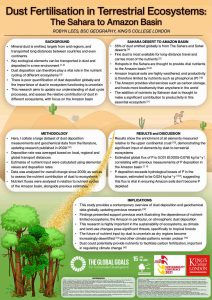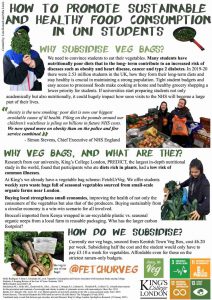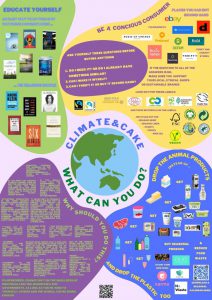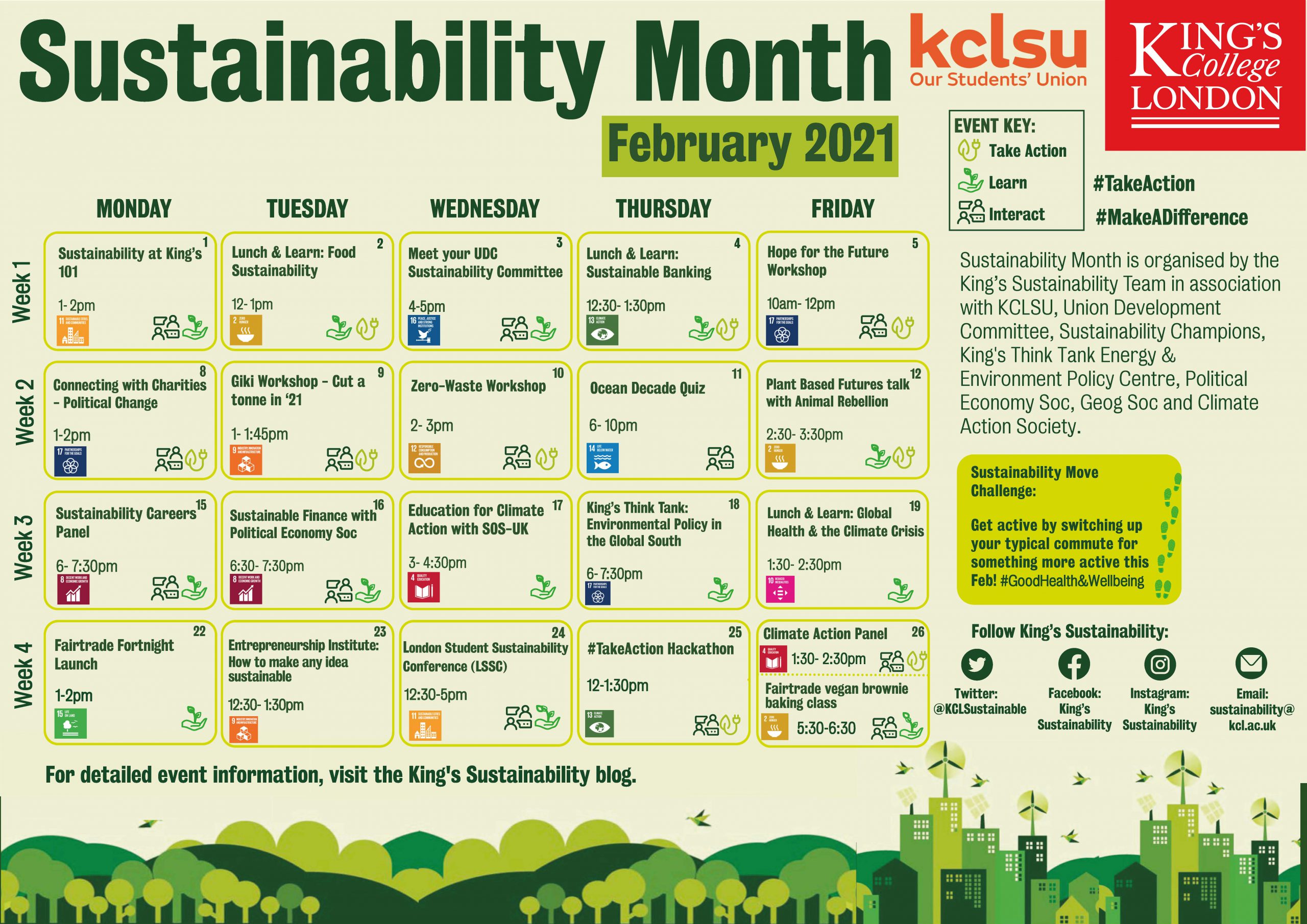 Tell us a bit about yourself and your background.
Tell us a bit about yourself and your background.
My name is Thomas, and I’m a 2nd-year neuroscience student and Sustainability Champions Assistant. I come from rural Dorset in southwest England. I enjoy most things that involve food, particularly cooking and gardening.
What does sustainability mean to you?
Sustainability is simply about making the world a better and fairer place for everyone. This includes future generations, all countries, and every aspect of life to a certain extent.
How are you getting involved and taking action on sustainability and the climate crisis?
I’ve made big changes in my life, particularly focusing on what I eat – I’ve almost gone vegan but not quite there yet. I try and research more sustainable options for anything I need to buy, but at the moment, it’s mainly looking at what I can recycle. I began to make these changes a couple of years ago, so I’ve tried to engage my family and change some of the ways they do things (to differing degrees of success).
Being a Sustainability Champion Assistant was an opportunity to have a wider impact and work with people who share my enthusiasm. It also allowed me to learn about sustainability in labs specifically, so I’m aware of what I can do in my career. I hope to continue taking opportunities like these to help others and contribute more widely to improving sustainability, alongside gaining new knowledge that I can use and share with others.
In what ways does sustainability link to your degree?
Sustainability is engrained in most things we do, perhaps not explicitly, but it’s always something that can be considered. In terms of my degree, most biological research is done so that things that benefit living things can be developed, be it drugs or GM crops. In this way, it directly contributes to our health, food and other topics which intersect with sustainability. Labs are also very wasteful places, so more sustainable practices need to be implemented.
How do you think we can bring more people around these issues?
Climate change is a massive issue and something that needs to be addressed by everyone in the near future; it’s not enough to simply wait for the effects to be visible because they’ll be irreversible by then. If you took all the effects climate change will have and told someone they would all suddenly happen next year, they would take immediate action. But because the effects slowly develop over time, people don’t see it as something that requires anything major. Systematic changes are needed in how we currently live. Of course, such massive changes scare many people, but I believe they’ll be worth the effort, and we’ll be much better off afterwards.
It’s difficult to make people aware whilst not appearing to go overboard and make people tired of hearing about climate change. Making the knowledge accessible and specific to people’s interests could help, e.g. giving science students ways to be more sustainable in the lab. Some things need to be made compulsory, but they can’t be too much effort for people or else it turns them off. Being more positive always helps, focusing on how the environmental issues can be solved by being proactive rather than simply trying to avoid disaster.
Can you recommend a resource, book, inspiring individual/activist for anyone who’d like to learn more?
To be honest, I haven’t watched or read a lot of sustainability-related things. But anything by David Attenborough gives you an appreciation of nature and why you should actively work to preserve it. My advice would be to look into anything you’re particularly interested in or enjoy and how you can make it more sustainable. For example, I love cooking, so I’m always on the lookout for new vegan recipes. There’s information on anything on the internet and a growing amount of documentaries on sustainability issues, so a little bit of research can help you find interesting resources to teach you more. I’d also recommend looking at the UN Sustainable Development Goals because I wasn’t aware of these and everything they encompass until a few months ago. Sustainability is about more than just plastic and carbon dioxide.
Thank you, Thomas! The ‘Sustainability Stories’ series seeks to highlight the work and passion of individuals from across the King’s community. If you would like to get involved, get in touch with us.

